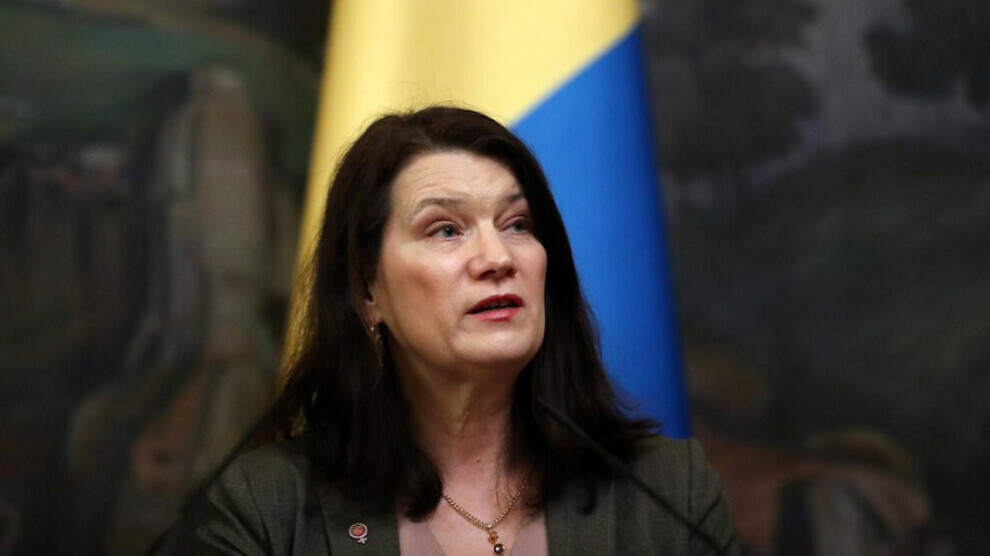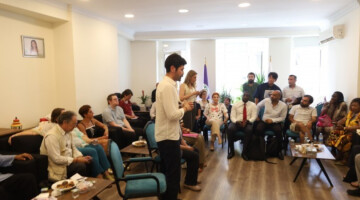The Swedish Foreign Minister Ann Linde said that the Turkish state's attacks in Southern Kurdistan jeopardize the security of civilians and demanded that “a credible and inclusive peace process be reintroduced”.
Ann Linde responded to a parliamentary question of the Left Party Foreign Relations Spokesperson Hakan Svenneling about the Turkish invasion attacks and the use of chemical weapons in southern Kurdistan (northern Iraq).
In her response, the minister stressed the importance of initiating an inclusive and credible peace process between the PKK and the Turkish state demanding that Iraq's sovereignty be respected, and civilians protected.
Linde's statement is as follows:
“Iraq has been heavily affected by the conflict in these recent years and its stability has been further damaged by regional tensions.
In talks both with Turkish representatives and within the EU, I often reiterate the importance of resuming a credible and inclusive peace process between the PKK and the Turkish government. I also express our concerns over Turkey's military actions in its border regions, including Iraq. It is important that all parties refrain from escalating the situation and act in accordance with international law in full respect to Iraq's sovereignty.
Of course, this also applies to Turkey. Turkey's military operations in northern Iraq jeopardize the safety of civilians and stability in the region. International humanitarian law have clear demands with regard to protection of civilians. Parties to an armed conflict can only target military targets. The rules of distinction, proportionality and precaution must be observed. The reports on chemical attacks in northern Iraq have not been confirmed. In any case, use of chemical weapons is prohibited under international law. For Sweden, this is essential and is something we have consistently emphasized within international contexts, including the EU and the UN.”













